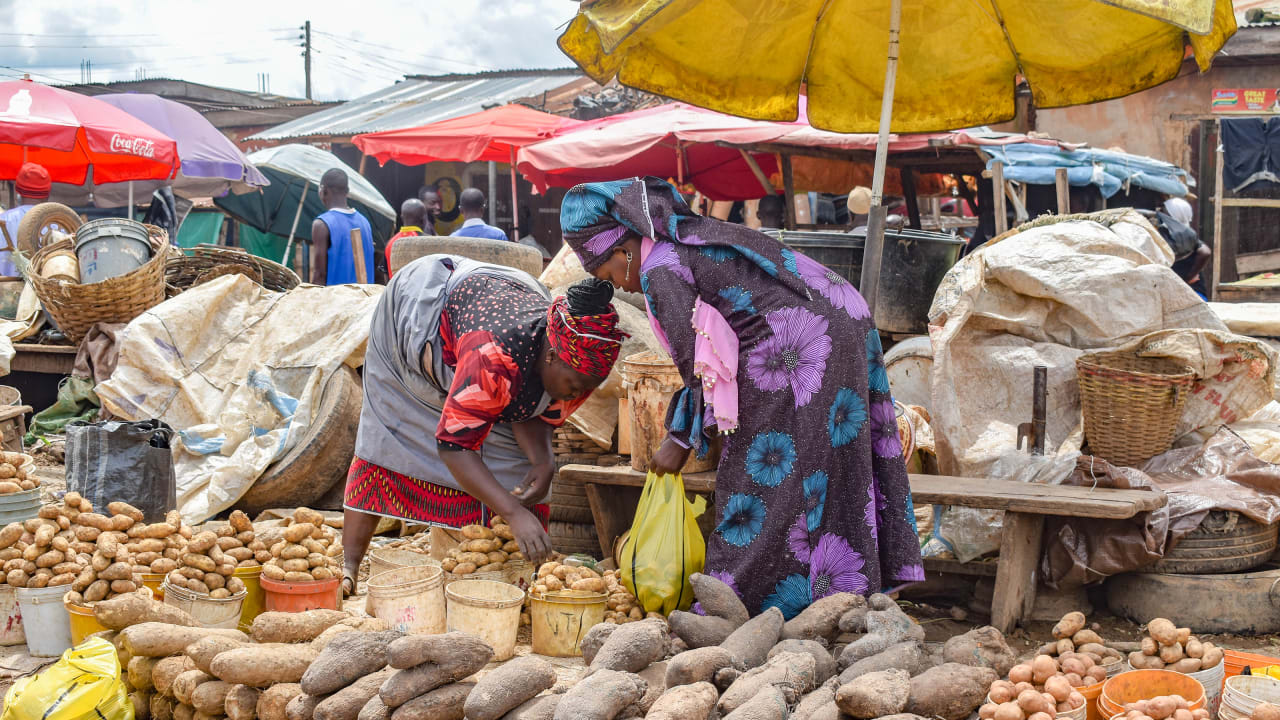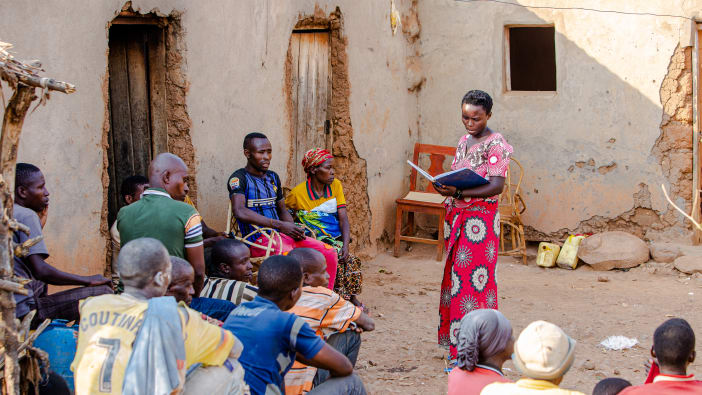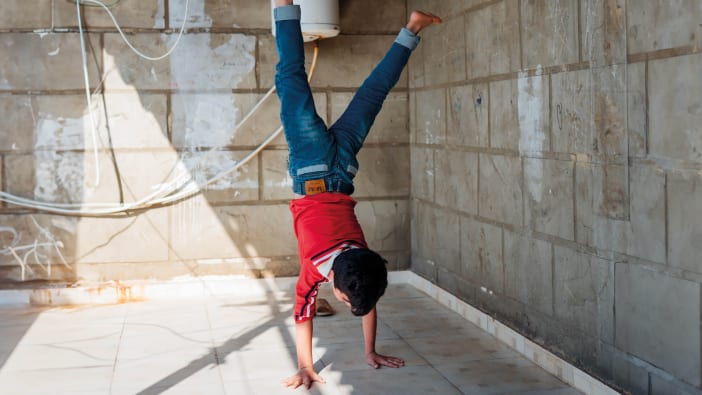In Gidan Waya – a small town in Kaduna State – traditional rulers and councils hold a large amount of power, influence and respect in the community, particularly around development issues and conflict resolution. These councils are vital to the attainment of economic progress and political stability at the local level. However, women in Gidan Waya have not historically had the opportunity to participate in traditional council meetings.
The southern region in Kaduna State has struggled with communal, farmer/herder conflict, religious conflict, and violent extremism. These tensions and conflicts have led to displacement, fatalities and have also exacerbated the gender divide in the region, especially for women who were already excluded and marginalised in decision-making processes. All these factors have created a climate of unease and some people fear openly manifesting their religion.
RURCON, a local NGO that Tearfund partners with, is working in Gidan Waya as part of The Joint Initiative for Strategic Religious Action (JISRA). The JISRA consortium (that Tearfund and RURCON are members of) believes that freedom of religion or belief (FoRB) and interfaith dialogue are essential and integral to the realisation of peaceful and just societies.
As part of the JISRA programme, RURCON decided to run advocacy training with communities in Gidan Waya. After the sessions, a group of local women began to meet together to discuss how they could ensure the inclusion of women in local decision making.
Before RURCON’s training, different faith groups in Gidan Waya were largely living away from each other with little dialogue or interaction between groups. RURCON provided a space for both Christian and Muslim women to establish and strengthen friendships, working together to advocate on the issue of women’s inclusion in local governance.
Together, they approached the district head and advocated for women’s inclusion and participation in traditional council meetings. Their request was accepted and a woman named Maryamu was elected to the council. Alongside Maryamu’s attendance at the traditional council meetings, an additional four Christian and five Muslim women are part of the community’s newly established women’s leadership group.
Maryamu shared why women’s involvement in the traditional council meetings is so important:







